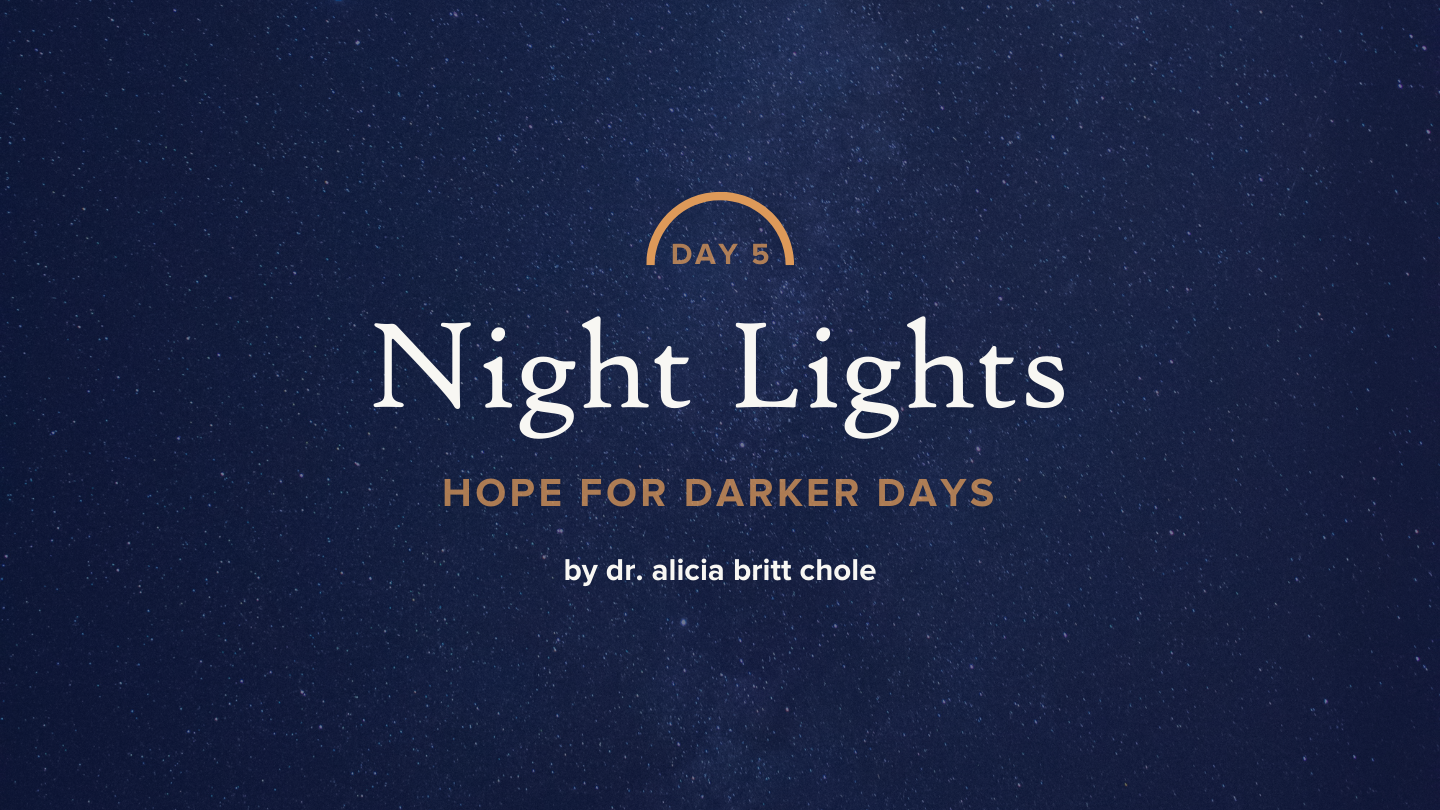Night Lights: Hope for Darker Daysනියැදිය


Between Illusion and Reality
Our grasp of reality is ever-evolving. For example, if an infant could talk, she might say, "Mom is milk,” and perhaps later, "Mom is hands and eyes.” As a toddler, she could probably describe Mom head-to-toe as a distinct being. Yet she would still spend her life discovering Mom’s personhood. Even after Mom dies, the child would still be pondering the complex depths of Mom and considering, with her own final breaths, much of Mom as a lovely mystery.
Strictly speaking, the infant’s thought that “Mom is milk” is an illusion—an inaccurate idea. Yet, despite its inaccuracy, “Mom is milk” reflects the infant’s healthy development.
From birth to death, life is a continual shedding of illusions. Spiritually, we awaken to God as children do to a parent. And regardless of how much time we are given on this earth, all that God really is will surely surprise us on the other side.
The apostle Paul acknowledged this reality in his first letter to the Corinthians: “Now we see but a poor reflection as in a mirror; then we shall see face to face. Now I know in part; then I shall know fully, even as I am fully known” (13:12).
The problem is that we tend to fill in the blank after what we “know in part.” What we assume from what we know—rather than what we actually know—sets us up to lose a lot of illusions, especially when we confer upon our added-on assumptions the spiritual weight of truth.
Like when we read, “God is love” (1 John 4:16) and then, consciously or unconsciously, add, Which means that . . .
He will protect me/my family from harm.
What is sincerely done in His name will be fruitful.
All who love Him should be able to love each other.
But then, a loved one has a terrible car accident, or we lose money on a risk we took in faith, or someone who once sincerely said “I do” is now angrily saying “I don’t.”
And without a framework for processing disillusionment, we treat our add-on assumptions as proof of what we know. Such reasoning gives more power to the add-on than to the truth. Which leads us to keep the illusion (I know how a loving God should behave) and discard the reality (God is love).
When in pain, we must decide what we love more and what our faith is really in. Is our love and faith in God or in our understanding? This process summons us to surrender self. We resist, in part, because we are rather attached to self and its illusions. So, in His mercy and through each night, God invites us further into reality.
He is bigger.
He is better.
He created us to be with Him.
And His companionship is enough, even in the night.
This plan contains excerpts from the book The Night Is Normal by Dr. Alicia Britt Chole. The Night Is Normal offers practical tools and personal stories to help you navigate spiritual pain with God, within yourself, and with others. You can learn more about the book and Dr. Alicia Britt Chole at aliciachole.com.
About this Plan

Sleeping in the dark is natural. Living in the dark, however, is painful. If it seems as though the light has dimmed in your faith, hope, or love, Alicia Britt Chole brings good news: the night is not your enemy. In these brief devotions, Alicia reframes the night of spiritual disillusionment as an unexpected friend of nearness with God.
More









